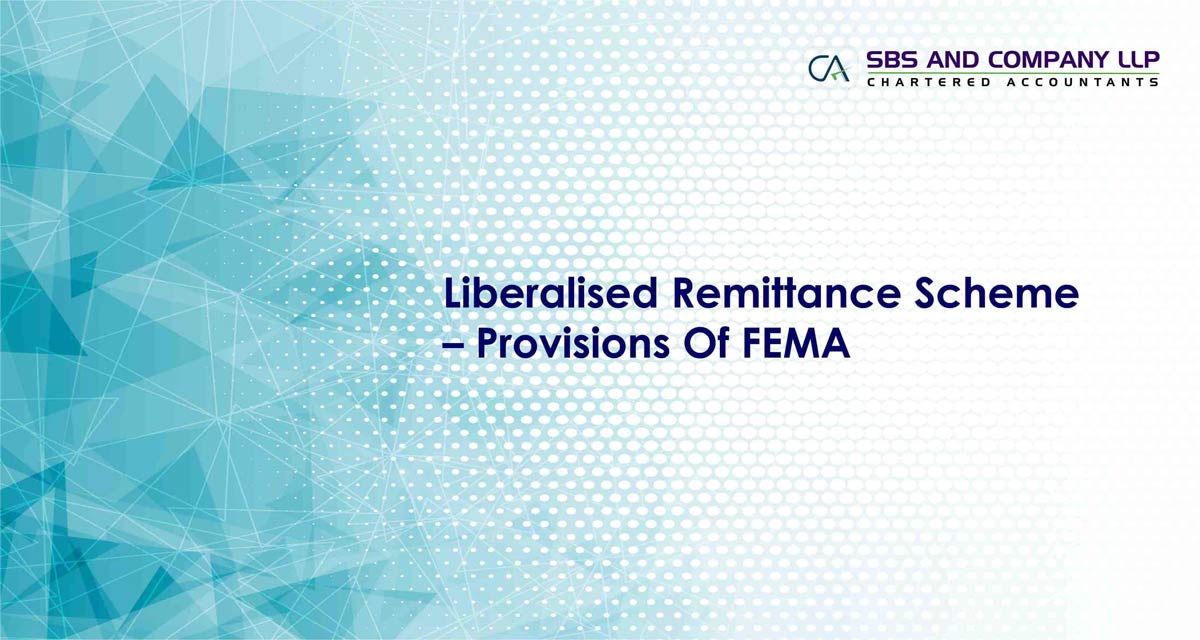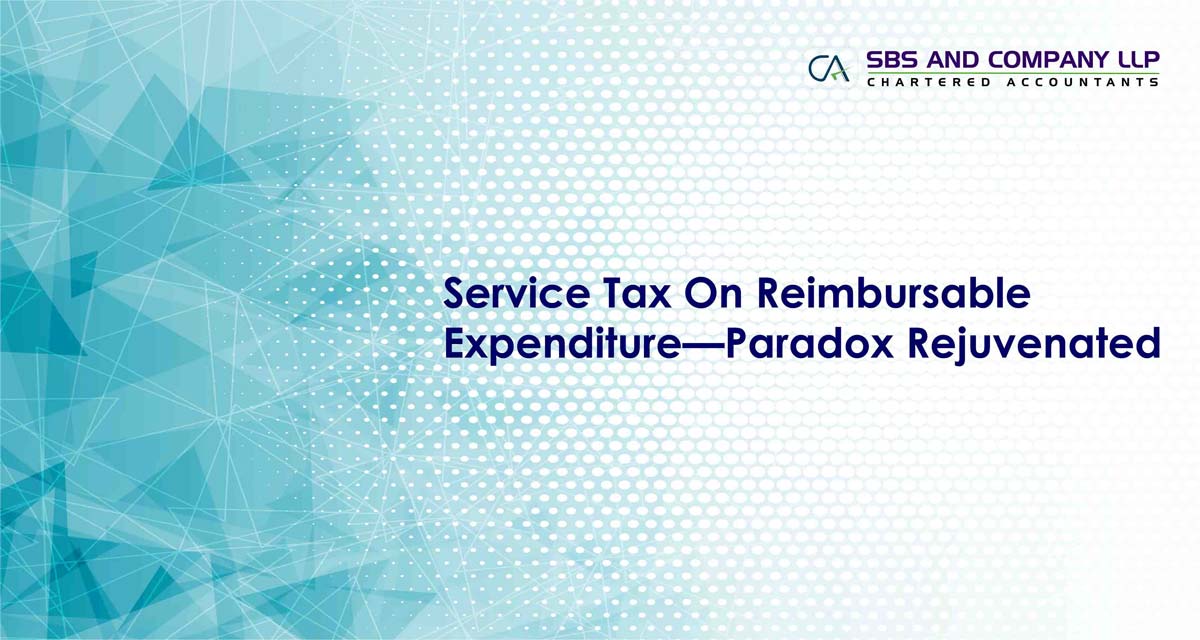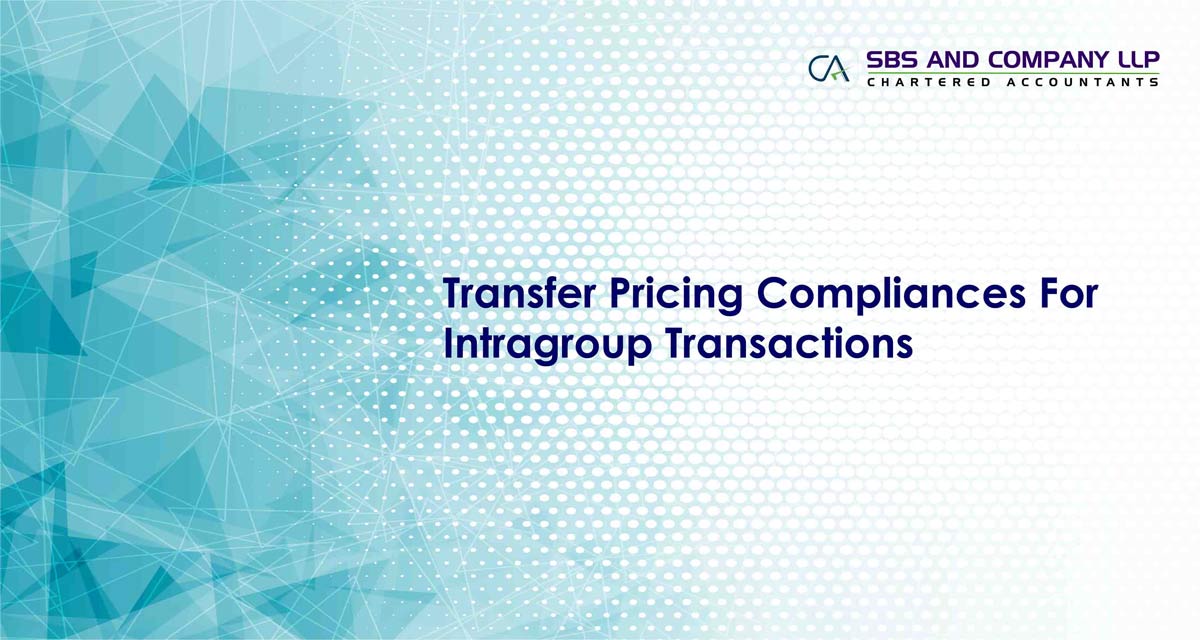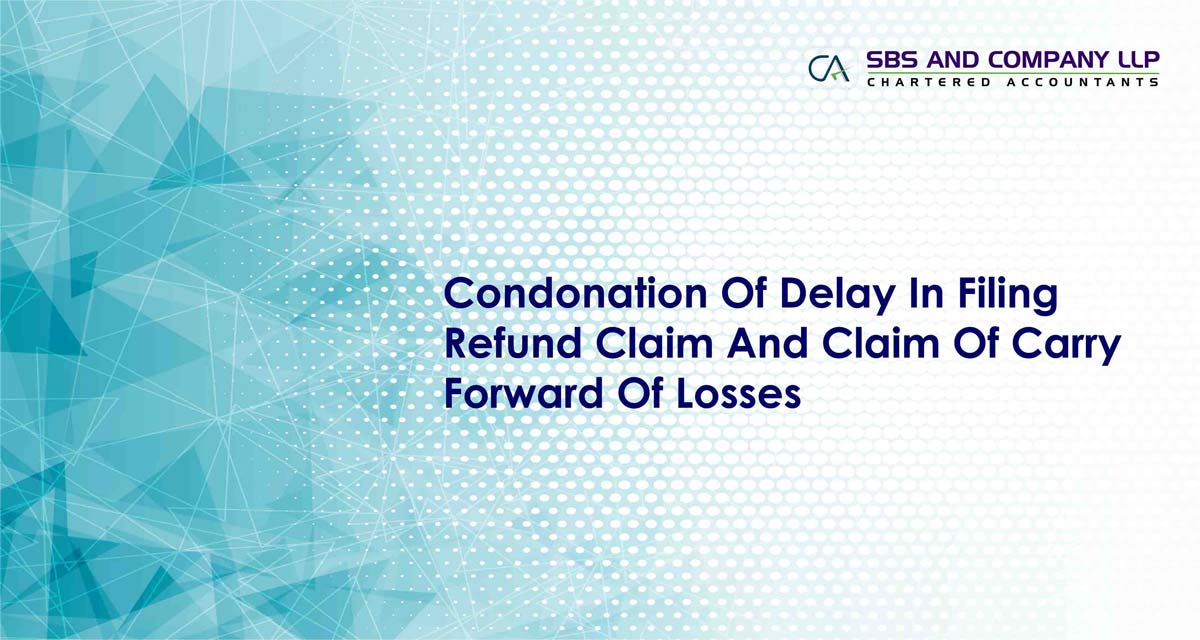1. Transfer Pricing (‘TP’) continuous to be the most controversial areas in international tax and more particularly in India. It is reported that more TP disputes arise in India vis-à-vis all other countries put together. Opinions continue to differ in India on various aspects of transfer pricing ranging from what constitutes an international transaction, who all can be considered as Associated Enterprises (‘AEs’), the factual understanding of the business of the Assessee and the international transactions, the most appropriate method in the facts & circumstances of the international transaction and finally the computation of Arm’s Length Price (‘ALP’), making TP a contentious issue between the Taxpayers/Assessee and the tax authorities.
2. Relevant regulations
The main legal provisions dealing with transfer pricing are Section 40A (2), Sec 92-92F, Sec 271,271AA, 271BA and 271G of the Income Tax Act, 1961, and Rule 10 to 10E of the Income Tax Rules, 1962.
3. OECD guidelines treatment
The Indian legislation is broadly based on the OECD guidelines. In conformity with the OECD guidelines, the legislation prescribes the same five methods to compute the arm’s length price. Further, the revenue authorities generally recognize the OECD guidelines and refer to the same for guidance, to the extent they are not inconsistent with the domestic law.
4. Hierarchies/pricing methods
The Indian legislation prescribes the following methods: CUP, Resale Price, Cost Plus, Profit Split and Transactional Net Margin Method. The legislation also grants the power to the Central Board of Direct Taxes (CBDT) to prescribe any other method; however, no other method has been prescribed by the CBDT to date. No hierarchy of methods exists. The most appropriate method should be applied.
- The past four cycles of transfer pricing audits in India have indicated the reliance of taxpayers on the
Transactional Net Margin Method on account of the paucity of price and gross margin data in the
public domain. The Indian Tax Authority recognizes the limitations of information available in
databases and taxpayers’ inability to apply some of the transaction-base methods.
- Accountants Report – Form 3CEB
- a) To be obtained by every tax payer filing a return in India and having international transaction
- b) To be filed by due date for filing return of income (30 November)
c) Essentially comments on the following:
whether the tax payer has maintained the transfer pricing documentation as required by the legislation,
- whether as per the transfer pricing documentation the prices of international transactions are at arm’s length, and
- certifies the value of the international transactions as per the books of account and as per the transfer pricing documentation are “true and correct”
d) Procedural changes have been made by Central Board of Direct Taxes (CBDT) inrespect of mode of filing Form 3CEB w.e.f FY 12-13.
e) Tax payers who are required to furnish reports/certificates under the Income Tax Act,1961(“Act“) are mandatorily required to e-file certain specified documents (in addition to the Return) before the relevant due date. These, interalia, includes Form 3CEB.
- f) CBDT has also notified the new format Form 3CEB which interalia, provides for the reporting requirements taking into account the extended scope of international transaction and the specified domestic transaction.
- The scope of the term “international transaction” was expanded by the Finance Act, 2012 to include business restructuring, intragroup financing arrangements, etc.
• Additionally, specified domestic transactions have also been brought under the ambit of the transfer pricing regulations.
g) This new format of Form 3CEB also requires reporting of the following transactions:
Transactions relating to share capital — transactions such as purchase or sale of marketable securities and issue and buyback of equity shares;
- Transactions in the nature of guarantee;
- International transactions arising out of/ being part of business restructuring or reorganization; and
• Specified domestic transactions
- Documentation requirements – TP Documentation Study /review
A detailed list of contemporaneous mandatory documents is in Rule 10D (1). The categories of documentation required are:
- Documentation deadlines
The information and documentation specified should, as far as possible, be contemporaneous and exist by the specified date of the filing of the income tax return, which has been fixed by the Indian government as 30th November following the end of the financial year.
- Although an Accountant’s Report must be submitted along with the tax return, the taxpayer is not required to furnish the transfer pricing documentation with the Accountant’s Report at the time of filing the tax return. Transfer pricing documentation must be submitted to the tax officer within 30 days of receipt of the notice during assessment proceedings.
- Transfer pricing penalties
The Indian tax law provides for the imposition of the following transfer pricing penalties. For inadequate documentation, the taxpayer is fined 2% of the transaction value. For not furnishing sufficient information or documents requested by the tax officer, the taxpayer is fined 2% of the transaction value. If due diligence efforts to determine the arm’s length price have not been made by the taxpayer, then 100% to 300% of incremental tax on transfer pricing adjustments may be levied by the tax officer.
|
Section
|
Trigger
|
Quantum of
penalty
|
|
271 (1) (c)
|
In case of an adjustment post assessment, if regarded
as concealment of income
|
100-300% of the
tax leviable on
the amount of
adjustments
|
|
271AA
|
Failure to maintain TP documentation, failure to report the
transaction, maintenance or furnishing of incorrect
information/document
|
2% of the
value of the
transactions
|
|
271BA
|
Failure to furnish Form 3CEB
|
INR 100,000
|
|
271G
|
Failure to furnish TP documentation with the tax officer
|
2% of the value
of the transactions
|
- In most cases, penalties are generally kept in abeyance until the matter is settled in appeals. The existing approach to penalties is not expected to change over the next two years.
- Penalty relief
Penalties may be avoided if the taxpayer can demonstrate that it has exercised good faith and due diligence in determining the arm’s length price. This is also demonstrated through proper documentation and timely submission of documentation to the revenue authority during assessment proceedings.
- Transfer Pricing Assessment
The selection of cases for TP audits in India are primarily based on materiality of the value of the international transaction. As per the CBDT instructions, the following categories of cases/returns are compulsorily selected for TP audit:
Cases where value of the international transactions exceed Rs 15 crores;
Cases involving addition in an earlier year on the issue of TP in excess of Rs 10 Cr, which is confirmed in appeal or pending before an appellate authority.
Further, the AO scrutinising a return of an Assessee having international transactions with AEs, can refer the case for TP audit, if he considers it necessary or expedient, with the approval of the Jurisdictional Commissioner.
In India, TP audits are conducted by specialist officers notified as Transfer Pricing Officers (‘TPO’) by the CBDT. The DGIT (International Taxation) and DIT(TP) distribute the work among the TPOs stationed at various cities across India.
14. Issues and Practical challenges in TP Assessment
- Transfer pricing in case of loss making companies challenged;
- Transactions with AEs located in tax heavens under heavy scrutiny
- Peers with different transfer pricing policies/significantly higher profitability used as benchmarks
- Cost sharing /cost allocation/reimbursement /management fees transactions and payments for the use of intangibles questioned
- Commensurate benefit expected to be demonstrated
- Limited information provided on secret comparables/confidential information
- Continued non-acceptance of economic adjustments (Risk adjustment, depreciation adjustment, working capital adjustment, capacity utilisation adjustment etc)
- Insistence on segmental dataFinancial transactions looked at closely (Loans, guarantees, etc)
- Strict comparability of product/service ignored while applying CU P method
- Financial transactions looked at closely (Loans, guarantees, etc)
- Insistence on segmental data
This article is contributed by Partners of SBS and Company LLP - Chartered Accountant Company. You can be reached at This email address is being protected from spambots. You need JavaScript enabled to view it.






![Companies Amendment Act, 2015 [No.21 Of 2015]](/images/2019/06/12/Companies-Amendment-Act-2015-No.jpg)

